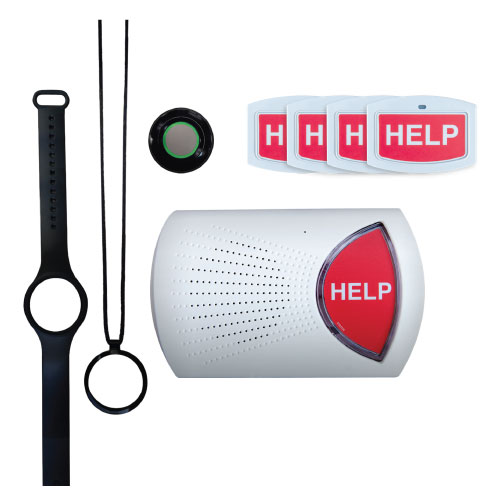Medicare now provides comprehensive vaccine coverage at little to no cost for beneficiaries, helping to protect older adults against a wide range of preventable diseases. Beneficiaries should consult their healthcare provider about which vaccines are recommended for their individual health needs.

To ensure the lowest costs, beneficiaries should check with their plan about approved providers and locations for vaccination. Some vaccines are covered under Medicare Part B and some under Part D. Note that recent legislation has blurred this distinction somewhat for some vaccines (see below).
Vaccines Medicare Covers
Medicare Part B covers several key vaccines at no cost to beneficiaries:
- Flu vaccine. Annual shot covered before or during flu season.
- COVID-19 vaccine. Covered with no out-of-pocket costs.
- Pneumococcal (pneumonia) vaccine. One-time vaccine given in two shots at least a year apart.
- Hepatitis B vaccine. Covered for people at medium to high risk.
Part B also covers vaccines needed after exposure to harmful viruses or bacteria, such as tetanus shots after an injury.
Medicare Part D plans cover all commercially available vaccines needed to prevent illness that are not covered under Part B. Key vaccines covered include:
- Shingles vaccine, a one-time vaccine given in two shots.
- RSV (respiratory syncytial virus) vaccine, covered for eligible adults.
- Tdap vaccine (tetanus, diphtheria, pertussis). One shot with boosters every 10 years.
- Other recommended adult vaccines such as hepatitis A, meningococcal, and Haemophilus influenzae type b (Hib).
As of 2023, most Part D vaccines are now provided at no cost to beneficiaries. All adult vaccines recommended by the CDC’s Advisory Committee on Immunization Practices are covered with no out-of-pocket costs. This includes elimination of copayments and deductibles for many preventive vaccines.
Covered vaccines can typically be obtained at pharmacies, doctor’s offices, clinics, or community health centers.
Vaccines Medicare Does NOT Cover
While Medicare Part B and Part D cover a wide range of vaccines, some may only be covered under specific circumstances or for certain risk groups. Newly approved vaccines may not be immediately added to Medicare Part D plan formularies. In such cases, your doctor may need to request coverage through a formulary exception process.
Some vaccines recommended for international travel may not be routinely covered. You should check with your specific Medicare plan about coverage for travel-related vaccines. Certain vaccines may only be covered if you meet specific risk criteria. For example, the Hepatitis B vaccine is covered under Part B only for people at medium to high risk. And vaccines that are not considered “reasonable and necessary” to prevent illness may not be covered.
While recent legislation has eliminated cost-sharing for many recommended vaccines, some less common vaccines not explicitly recommended by the Advisory Committee on Immunization Practices (ACIP) may still incur out-of-pocket costs.
Medicare Part B and Medicare Part D
Part B is part of the government-administered Medicare that most people automatically enroll in at retirement age. Part B has a standard premium, deductible, and 20% coinsurance for most services. It covers doctor visits, outpatient care, preventive services, durable medical equipment, some vaccines and limited prescription drugs administered in medical settings. Part B services are typically received at medical offices, clinics, or hospitals.
Part D is optional; you must choose and enroll in a plan are offered by private insurance companies approved by Medicare. Part D is prescription drug coverage and covers most prescription medications. Until the recent legislation it covered many vaccines not covered by Part B. Part D costs vary by plan, but often include premiums, deductibles, copays, and coinsurance. Part D prescriptions are usually filled at retail pharmacies or through mail-order.
















